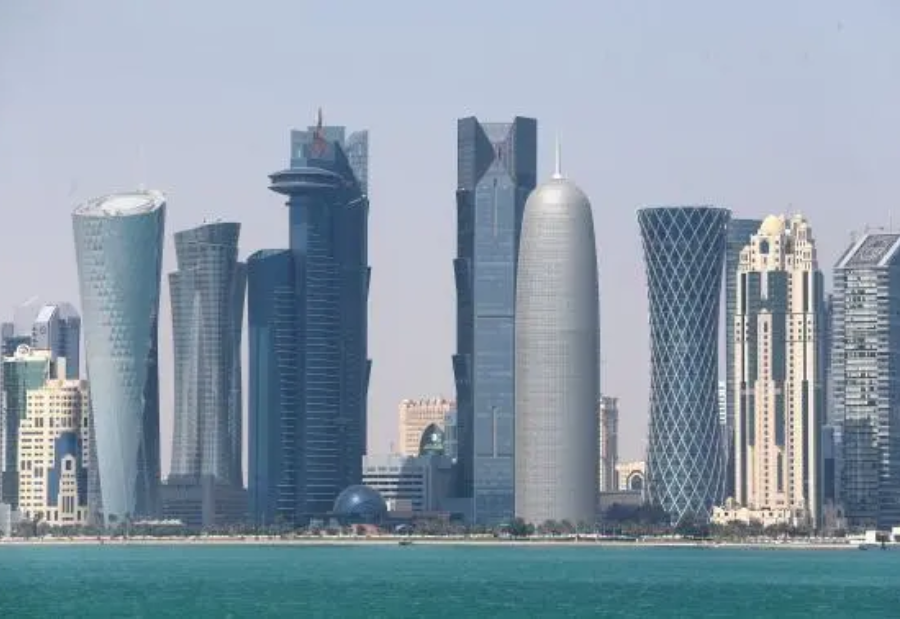
At the core of this growth is Qatar's National Vision 2030, which serves as a blueprint for its economic and social development. This plan focuses on reducing the country's dependence on hydrocarbon revenues by fostering growth in other sectors such as tourism, finance, and technology. The government is channeling substantial investments into infrastructure projects, including the expansion of the Doha metro system, the construction of new airports, and the development of economic zones designed to attract foreign investment.
The energy sector, though still significant, is being supplemented by emerging industries. Qatar is making significant strides in renewable energy projects, particularly in solar power. The country aims to position itself as a leader in green energy within the region, which aligns with global trends towards sustainability and climate responsibility.
Tourism is another focal point of Qatar's economic strategy. The country is investing heavily in developing its hospitality and cultural sectors. With the FIFA World Cup 2022 having showcased Qatar on a global stage, the tourism sector has experienced a significant boost, which the government plans to capitalize on by promoting the country as a premier destination for leisure and business travel.
Financial services are also a critical component of Qatar's economic expansion. The country's financial sector is undergoing substantial reforms to enhance its attractiveness to international investors. Qatar Financial Centre, a key player in this initiative, is working to create a more business-friendly environment, streamline regulatory frameworks, and improve access to capital.
Additionally, Qatar is focusing on technological advancements as part of its growth strategy. Investments in digital infrastructure and technology startups are designed to foster innovation and create a robust tech ecosystem. The government is supporting various tech initiatives, including the development of smart cities and the promotion of fintech solutions, to enhance the country's position as a regional tech hub.
The construction sector, buoyed by ongoing and planned projects, plays a significant role in Qatar's economic development. The country is witnessing a construction boom with numerous high-profile projects, including the development of new residential areas, commercial spaces, and cultural landmarks. This growth is expected to create numerous job opportunities and stimulate economic activity across various sectors.
Despite the promising outlook, challenges remain. The global economic climate, fluctuating oil prices, and geopolitical tensions could impact Qatar's growth trajectory. However, the country's proactive measures to diversify its economy and invest in future-oriented sectors are likely to mitigate these risks.
Qatar's economic vision is ambitious and multifaceted, with efforts spanning across various sectors to achieve substantial growth by 2031. The combination of strategic investments, diversification initiatives, and a focus on sustainability positions Qatar on a path to significantly enhance its economic standing on the global stage.
Topics
Gcc
